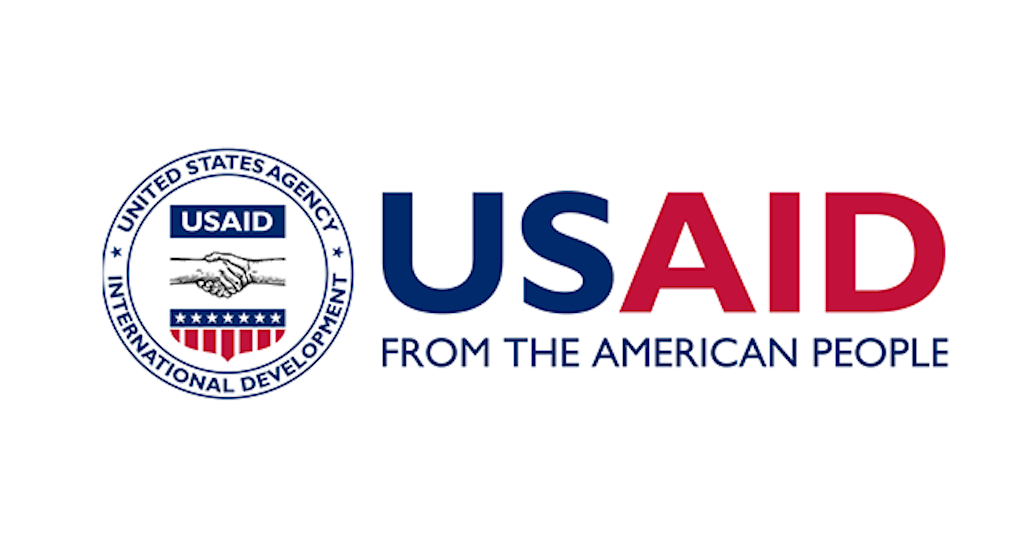After more than six decades of transformative partnership, the United States Agency for International Development (USAID) bids farewell to Uganda, marking the end of a legacy defined by collaboration, growth, and resilience.
Since its establishment in Uganda, USAID has played an instrumental role in shaping the nation’s development landscape—strengthening agriculture, improving access to education, supporting health systems, and fueling groundbreaking research, particularly in the fight against HIV/AIDS.
A Lifeline in Health and HIV/AIDS Response
One of USAID’s most profound contributions has been in Uganda’s battle against HIV/AIDS. Through the U.S. President’s Emergency Plan for AIDS Relief (PEPFAR), USAID has supported prevention, treatment, and care services across the country. Millions of Ugandans have benefited from access to antiretroviral therapy, HIV testing, and community-based support services. This partnership not only helped reduce HIV transmission rates but also strengthened the overall healthcare infrastructure in Uganda.
“USAID helped us bring HIV/AIDS out of the shadows,” said one local health official. “Their investment in community-based outreach and clinical care saved lives and helped change attitudes.”
Transforming Agriculture and Livelihoods
In rural Uganda, USAID’s work in agriculture has empowered farmers with better tools, climate-smart techniques, and market access. Its support for food security initiatives helped reduce hunger, boost productivity, and lift families out of poverty. By promoting innovation and resilience, USAID enabled farming communities to thrive amid growing climate challenges.
From improving seed quality to linking smallholder farmers with agribusiness markets, the agency has been a reliable partner in Uganda’s agricultural transformation.
Investing in Education and Youth
USAID’s education programs laid a foundation for future generations. By improving reading skills in early grades, training teachers, and building school infrastructure, the agency has expanded access to quality learning opportunities—particularly for girls and vulnerable children. Their support has fostered a more inclusive education system that nurtures Ugandan talent and innovation.
Additionally, USAID-funded youth empowerment initiatives created opportunities for young people to engage in civic life, gain employment skills, and contribute to their communities.
A Legacy of Partnership
Throughout its presence, USAID has collaborated closely with the Ugandan government, civil society, and local communities. It approached development not just as a donor, but as a partner—walking alongside Ugandans in crafting homegrown solutions to pressing challenges.
As the agency prepares to wind down its presence in Uganda, it leaves behind strengthened institutions, inspired leaders, and empowered communities. Its impact will continue to echo in the lives changed and the systems strengthened.
Though this chapter of direct presence may be closing, the friendship between the American and Ugandan people remains strong. The legacy of USAID in Uganda is not one of departure, but of the enduring results of shared purpose and partnership.
Thank you, USAID, for over 60 years of committed service to Uganda. Your legacy lives on.





